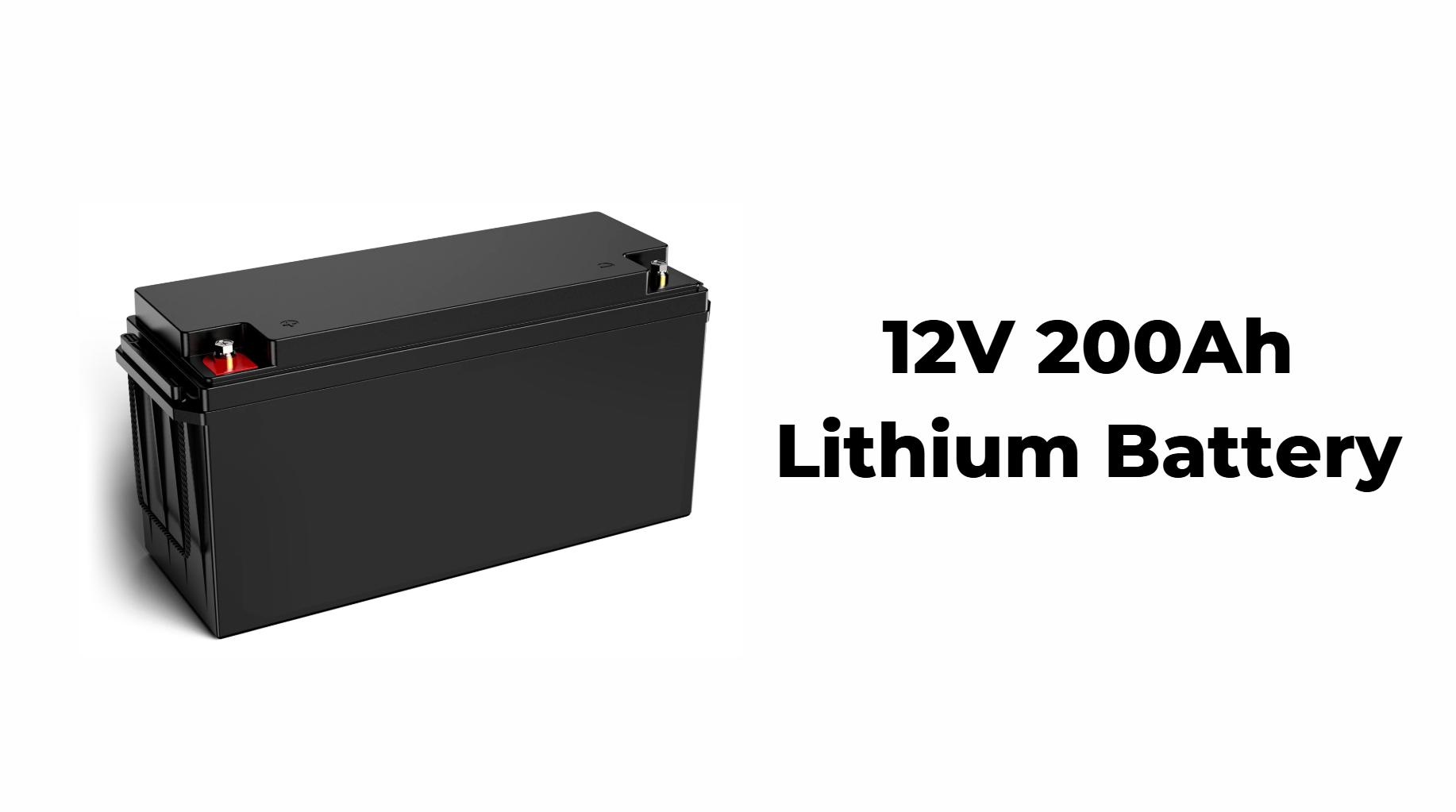Lithium ferro phosphate (LiFePO4) batteries are known for their safety and longevity, but they also have some disadvantages. Key drawbacks include a lower energy density compared to other lithium-ion chemistries, higher initial costs, and reduced performance in extremely low temperatures. Understanding these limitations is essential for making informed decisions regarding battery selection.
Disadvantages of Lithium Ferro Phosphate Batteries
1. Lower Energy Density
One of the primary disadvantages of LiFePO4 batteries is their lower energy density compared to other lithium-ion batteries, such as lithium nickel manganese cobalt oxide (NMC).
- Energy Density Comparison:
- LiFePO4 typically offers around 90-120 Wh/kg.
- Other lithium-ion chemistries can provide up to 200 Wh/kg or more.
| Battery Type | Energy Density (Wh/kg) |
|---|---|
| Lithium Ferro Phosphate | 90-120 |
| Lithium Nickel Manganese Cobalt | 200-250 |
2. Higher Initial Costs
LiFePO4 batteries generally come with a higher upfront cost compared to traditional lead-acid batteries and some other lithium-ion options.
- Cost Analysis:
- The initial investment can be a barrier for some users, especially in applications where budget constraints are critical.
| Battery Type | Approximate Cost per kWh |
|---|---|
| Lead-Acid | $150-$200 |
| Lithium Ferro Phosphate | $400-$600 |
3. Temperature Sensitivity
While LiFePO4 batteries are known for their thermal stability, they can still experience reduced performance in extremely low temperatures.
- Performance Impact:
- At temperatures below 0°C (32°F), the battery’s capacity and efficiency can decrease significantly.
| Temperature Range | Performance Impact |
|---|---|
| Above 0°C | Normal performance |
| Below 0°C | Reduced capacity |
4. Size and Weight
LiFePO4 batteries tend to be larger and heavier than some competing battery technologies with similar capacities.
- Weight Considerations:
- This may affect applications where weight is a critical factor, such as in e-bikes or portable devices.
5. Limited Availability
While the popularity of LiFePO4 batteries is growing, they may not be as widely available as other battery types, especially in certain regions.
- Market Accessibility:
- This can limit options for consumers looking for specific configurations or sizes.
Latest News
Recent developments in battery technology have highlighted several key trends relevant to lithium ferro phosphate batteries:
- The demand for lithium ferro phosphate batteries is increasing due to their safety features and long cycle life compared to other lithium chemistries.
- Innovations in battery recycling are gaining traction, aiming to recover valuable materials from used batteries.
- The growth of electric vehicles is driving advancements in battery technology, impacting traditional battery types used in various applications.
- Regulatory changes are being implemented to improve safety standards in battery manufacturing, particularly for lithium-based technologies.
Redway Expert Comment
“While lithium ferro phosphate batteries offer numerous advantages, understanding their limitations is crucial for making informed decisions. At Redway Battery, we focus on producing high-quality lithium LiFePO4 batteries that meet rigorous safety and performance standards. Our commitment to innovation ensures that our products provide reliable energy solutions tailored to various applications.”
The discussion about the disadvantages of lithium ferro phosphate batteries directly relates to our offerings in Lead-Acid Replacement Batteries at Redway Battery. Understanding these limitations helps consumers make informed choices when considering alternatives like lead-acid or other lithium options.
Recommended Product: Lithium LiFePO4 Battery Pack
For clients or importers seeking wholesale or OEM solutions, we recommend our 12V Lithium LiFePO4 Battery Pack designed specifically for various applications. This product offers a reliable alternative with superior performance compared to traditional lead-acid batteries while ensuring safety and longevity.
Top Competitors in Battery Solutions
When considering high-quality alternatives for lithium ferro phosphate batteries, here are five notable options:
| Brand | Product Name | Voltage | Capacity (Ah) | Chemistry |
|---|---|---|---|---|
| Redway Battery | 12V Lithium LiFePO4 Battery Pack | 12V | Varies | LiFePO4 |
| Battle Born Batteries | BB10012 | 12V | 100Ah | LiFePO4 |
| AIMS Power | AIMS Lithium Battery | 48V | 100Ah | LiFePO4 |
| Renogy | Renogy Smart Lithium Iron Phosphate | 12V | 100Ah | LiFePO4 |
| VMAXTANKS | VMAX V35-857 | 12V | 35Ah | AGM |
In conclusion, understanding the disadvantages of lithium ferro phosphate batteries is essential for making informed decisions about energy solutions. By considering high-quality alternatives like those offered by Redway Battery, users can ensure reliable energy systems tailored specifically to their needs.



